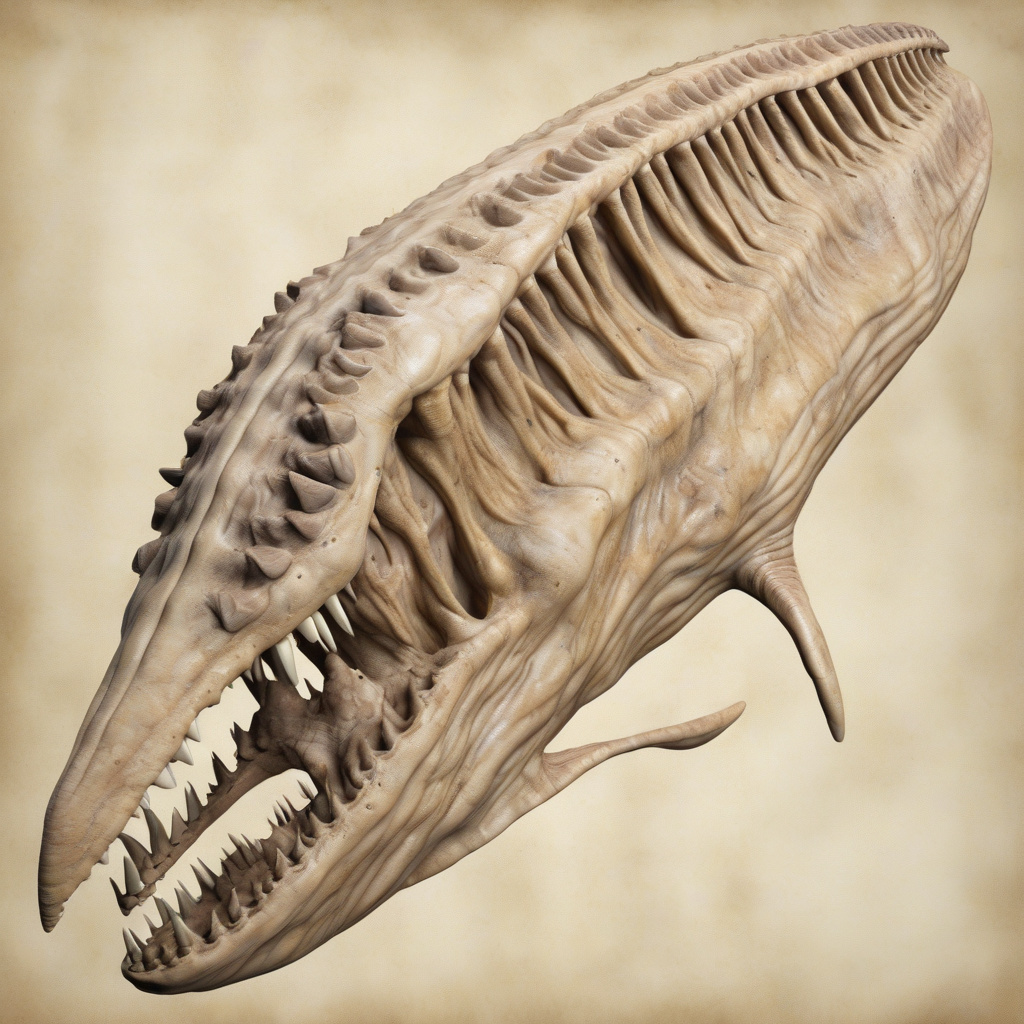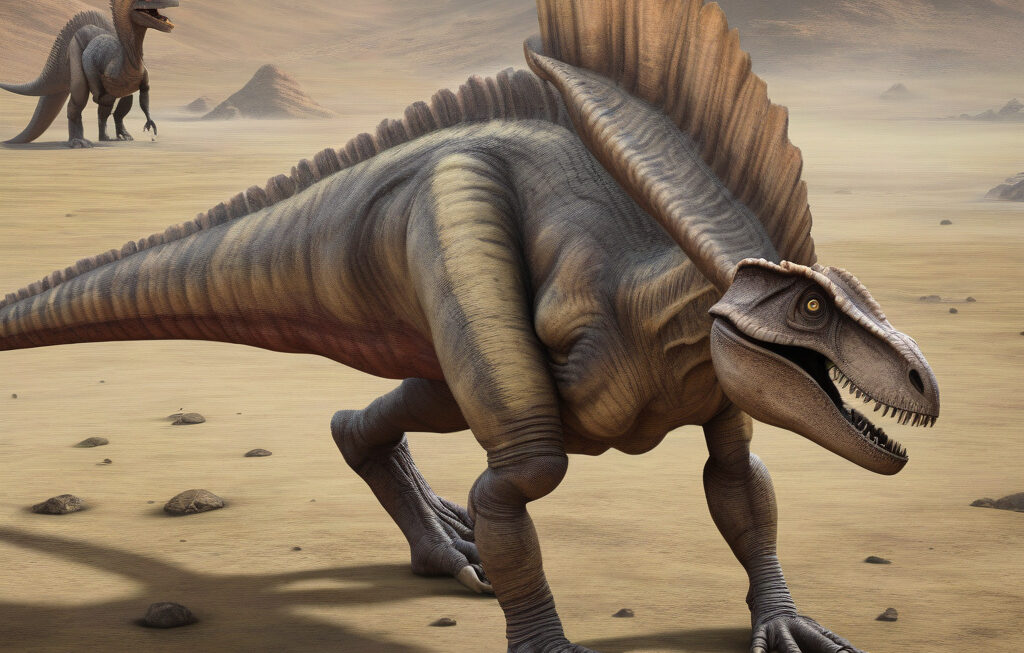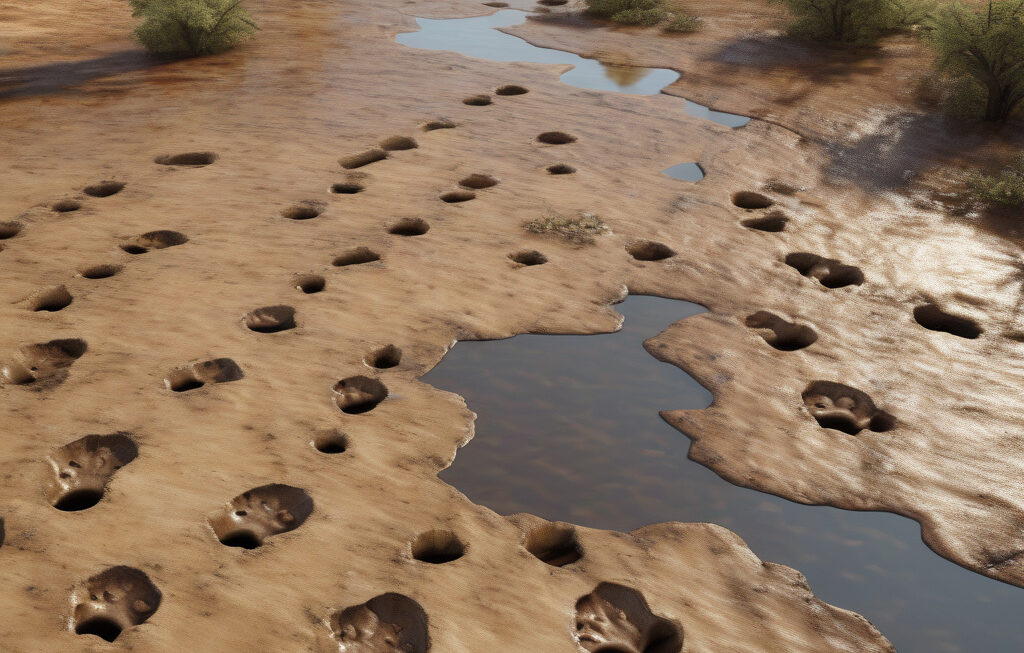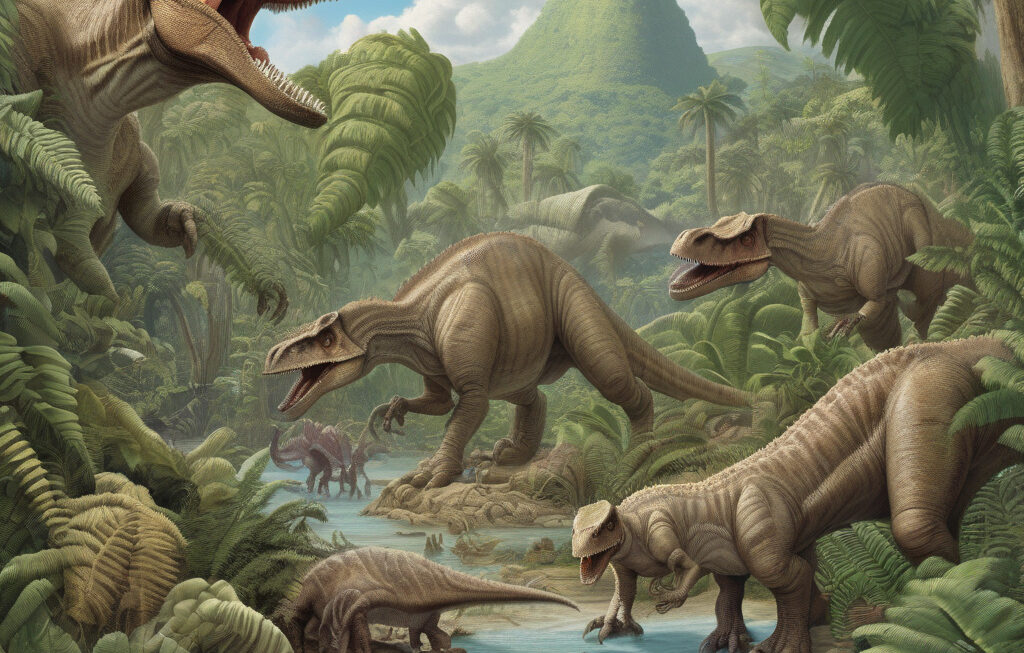The Fierce Origins of Modern Whales: Unveiling the Story Behind a 26-Million-Year-Old Fossil
A fossil pulled from Victoria’s Surf Coast has revealed a very different kind of whale, shedding light on the evolutionary journey of these majestic marine creatures. This 26-million-year-old fossil, adorned with sharp teeth, provides a fascinating glimpse into the ancient past and offers valuable insights into the origins of modern whales.
Whales, known for their gentle nature and impressive size, have a lineage that traces back millions of years. The discovery of this particular fossil challenges the conventional perception of early whales as gentle filter feeders. Instead, it suggests a more predatory nature, with sharp teeth that hint at a carnivorous diet. This revelation has sparked a wave of excitement among paleontologists and researchers, eager to piece together the puzzle of whale evolution.
Through meticulous examination and analysis of the fossil, scientists can infer various aspects of the ancient whale’s lifestyle and behavior. The presence of sharp teeth indicates a shift towards carnivory, highlighting a potential adaptation to hunting and consuming prey. This adaptation marked a significant transition in whale evolution, leading to the diverse range of species that exist today.
Furthermore, the discovery of this fossil underscores the importance of continued exploration and research in paleontology. Every fossil has a story to tell, offering a window into the past and enriching our understanding of the natural world. By studying these ancient remnants, scientists can uncover hidden truths about the evolutionary processes that have shaped life on Earth.
The 26-million-year-old fossil serves as a testament to the resilience and adaptability of whales as a species. Over millions of years, whales have undergone remarkable transformations, evolving to thrive in various environments and ecosystems. From their humble beginnings as land-dwelling mammals to the ocean-dwelling behemoths we know today, whales exemplify the wonders of adaptation and evolution.
In the ever-changing landscape of scientific discovery, each new finding brings us closer to unraveling the mysteries of the past. The uncovering of this fossil with sharp teeth adds another piece to the intricate puzzle of whale evolution, prompting further exploration and inquiry. As researchers delve deeper into the fossil record, more revelations are bound to surface, offering fresh perspectives on the origins of modern whales.
In conclusion, the 26-million-year-old fossil discovered on Victoria’s Surf Coast offers a tantalizing glimpse into the fierce origins of modern whales. With its sharp teeth and carnivorous traits, this ancient whale challenges preconceived notions and invites us to rethink our understanding of these magnificent marine mammals. As research progresses and new discoveries are made, the story of whale evolution continues to unfold, captivating our imagination and expanding our knowledge of the natural world.
evolution, paleontology, marine life, ancient fossils, whale origins











